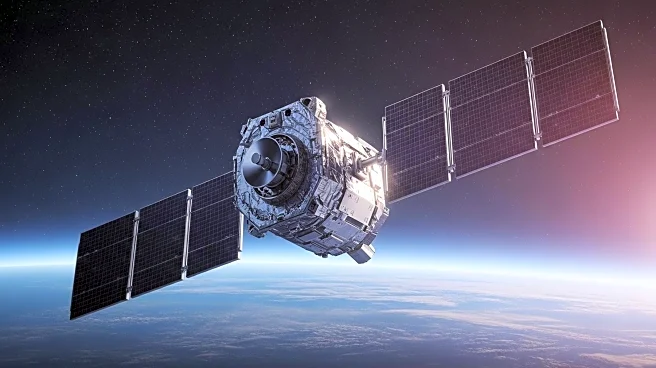What's Happening?
AT&T CEO John Stankey has expressed confidence that SpaceX's acquisition of spectrum from EchoStar will not pose a significant threat to AT&T's terrestrial wireless services. SpaceX's $17 billion acquisition aims to enhance its direct-to-cell capabilities, but Stankey believes that satellite-based offerings cannot match the low latencies and coverage provided by terrestrial networks. Analysts also question SpaceX's ability to compete as a traditional mobile operator, suggesting its services may be more suited to rural areas.
Why It's Important?
The acquisition of spectrum by SpaceX could reshape the U.S. wireless and satellite landscape, potentially offering new connectivity options in rural areas. However, the limitations of satellite technology in urban environments and indoor settings may restrict its competitive impact on established carriers like AT&T. The development highlights the ongoing evolution of the telecommunications industry and the strategic maneuvers by major players to secure valuable spectrum assets.
What's Next?
AT&T plans to leverage its own spectrum acquisition from EchoStar to expand its fixed wireless access strategy, targeting business services and consumer markets. The company aims to bring fiber connectivity to 60 million locations by 2030, while exploring opportunities in open RAN deployment to diversify its vendor supply. SpaceX's future plans may focus on enhancing rural connectivity and exploring wholesale opportunities.









